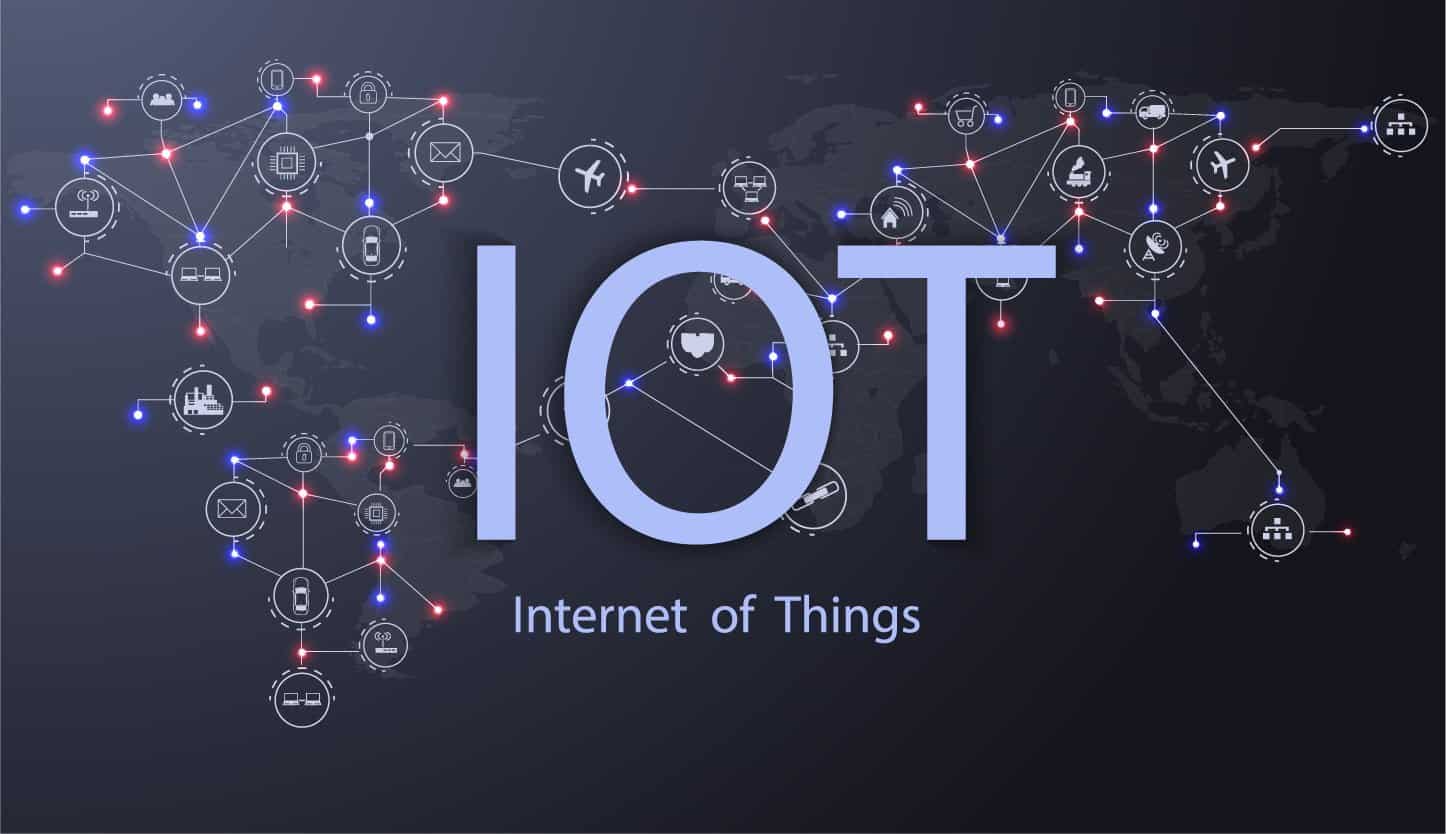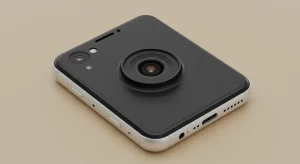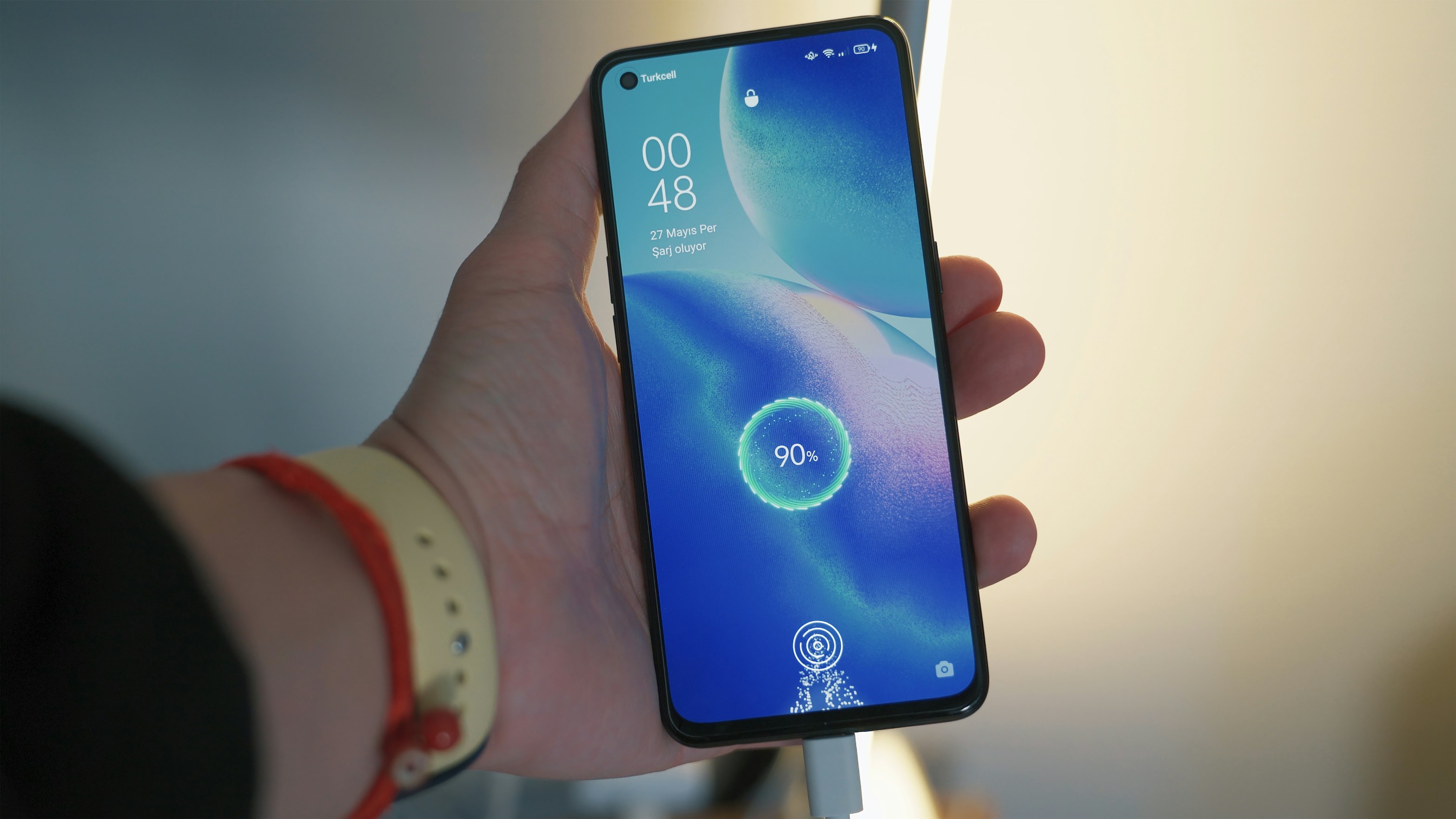Today, there are many programming languages to choose from. The best one for you may depend on your specific needs and what you’re trying to build. Some have more security or privacy features or require a lower level of maintenance than others. To help, we’ve rounded up 5 of the top programming languages you would need to consider as an IoT developer in 2023. Explore their use cases and decide if one is a match for your next project.

Significant Role of Programming Language in IoT
One of the main causes of the delay in the maturity of IoT is the lack of programming languages for IoT. This is because IoT projects involve hardware and software development, which requires a different set of skills. Since each industry targeted by smart business machines has its requirements and concerns, industry-specific programming languages are required rather than general programming languages.
The need for specific programming languages to solve various problems arises because IoT devices depend highly on their code rules. IoT platforms require a special programming language to check, install and update their software. The one used depends upon the target application of the device’s remote sensor network or IoT networks.
Things to Consider While Choosing IoT Programming Language
Using the right language will make any code much more efficient and easier to read, understand and debug. On the other hand, selecting the wrong one will slow down your development time tremendously and make your code prone to errors much more often. You should consider the following major factors:
i. Complexity of the IoT System
The complexity of the IoT system determines the language and development environment you need to use. For instance, the choice of programming language for building a smart home differs from building a smart city.
ii. Maintainability of the Language
Maintainability refers to the ease with which you can modify or change the code without compromising the program’s integrity. The programming language used needs to be maintainable. If a new code version is to be released, then the programming language should allow system modification.
iii. Security
Security factors come in at number two when we look for a good programming language for IoT. A hacker would love to take advantage of your programming language and software flaws to compromise your device or system security. You need to create a system that can handle these threats with secure and tested code.
iv. Performance
Performance is also a very critical factor for every system. A good programming language will not only make your IoT system perform faster but will also be easier to program.
Top 5 Programming Languages for IoT

Below is the list of the top five best programming languages for IoT 2023:
1. Java
JAVA is one of the widely used programming languages that enable the use of IoT-controlled devices. It works incredibly well to create private and public IoT organizations when JavaScript and Node.js are combined. Additionally, you can create apps for both cloud and edge nodes because Java is object-oriented. Java is a perfect programming language for IoT development due to its versatile functionalities and availability to extensive libraries.
2. Go
Go is an open-source programming language created by Google. It is a more basic form of C and is easier to learn than Java as it requires fewer lines of code to perform the same function. This programming language offers a lot of flexibility, which makes it easier to scale up and adapt over time. There are no hassles when it comes to deploying on mobile devices or cloud services owing to its simple program structure and its excellent concurrency support.
3. Python
Python is a dynamic and general-purpose programming language. It supports multiple paradigms but is most often used in object-oriented programming. It supports functional, procedural, and object-oriented paradigms. Python is high-level and easy to learn. This makes it rank among the best coding language for IoT development sites that need high scalability.
4. Rust
Rust programming language is a traditional low-level programming language for multi-threaded applications. Rust allows you to create high-performance code which is safe by design. This means that it prevents you from writing a program that will crash your server, but it is not without flaws. Rust has lower popularity in the market due to its slow development cycle. Rust use cases are increasing, and it is believed to be a big contender in the programming language of IoT in 2023.
5. C/C++
C and C++ are general-purpose programming languages that are most commonly used for building software applications. Embedded system developers prefer C andC++ as they are very efficient on microcontrollers due to their low-level performance characteristics. One advantage of programming in C language is its wide availability of open-source libraries and frameworks, which can be easily integrated with other software languages.
Wrap Up
The Internet of Things is growing exponentially, and the need for new programming languages is also increasing. IoT has a lot of benefits to offer, but it also poses many challenges. While there are several IoT programming languages, the right choice of language will play a key role in determining how successful your IoT system will be.
Guest author Bio
Eisele Candace has 7 years of experience as a freelance technical writer, specializing in content related to IT technologies, programming and UI/UX design. Holder of a Master’s degree in Journalism and Public Relations. She has also completed design and programming courses in “UI / UX design”, iOS and Python in Mansfield, OH. She has been already learning Rust programming language for a year.

![Download Vivo X200 FE GCam Port [Most Compatible Version] Download Vivo X200 FE GCam Port [Most Compatible Version]](https://static.droidfeats.com/wp-content/uploads/2025/07/vivo-x200-fe-in-four-aesthetic-color-options.png-300x179.webp)





